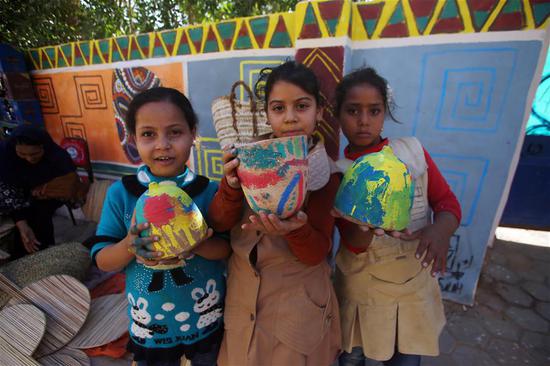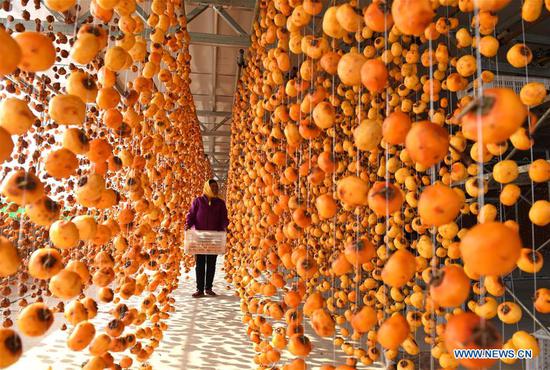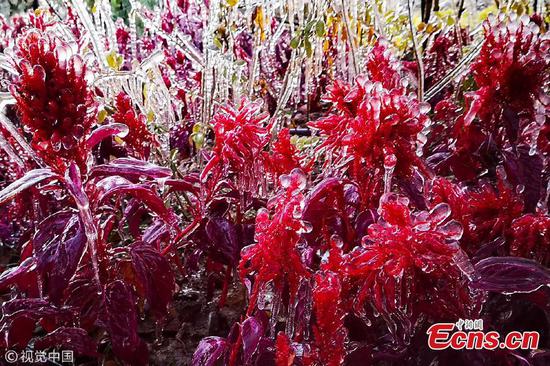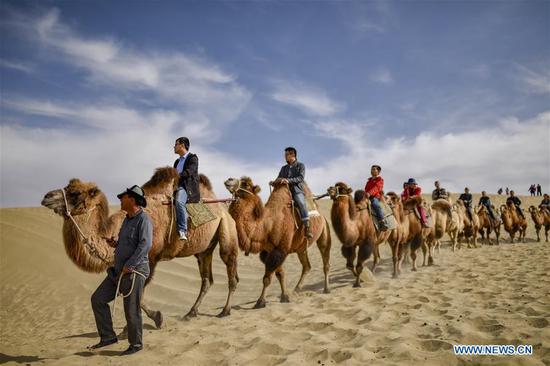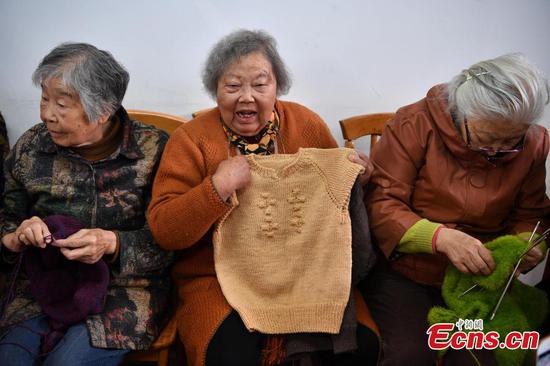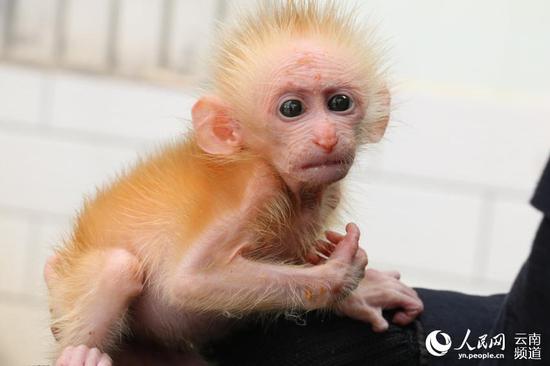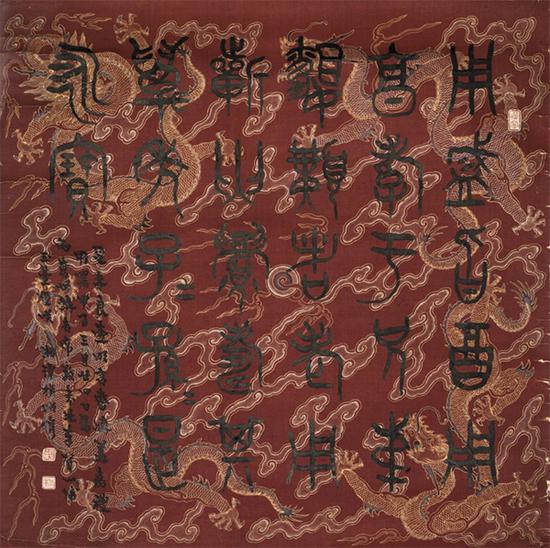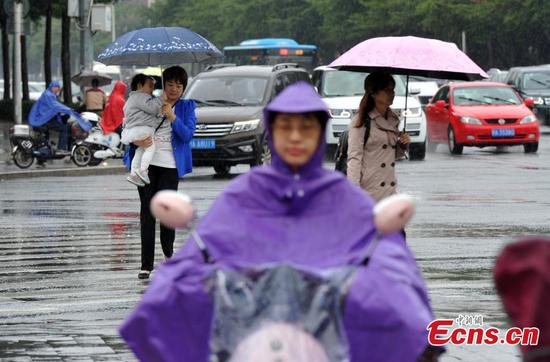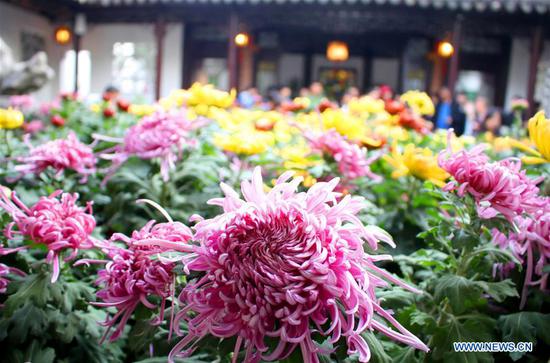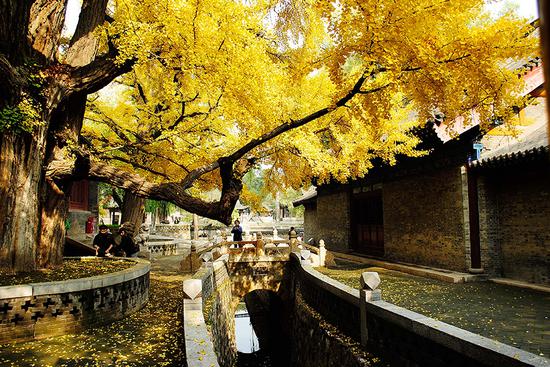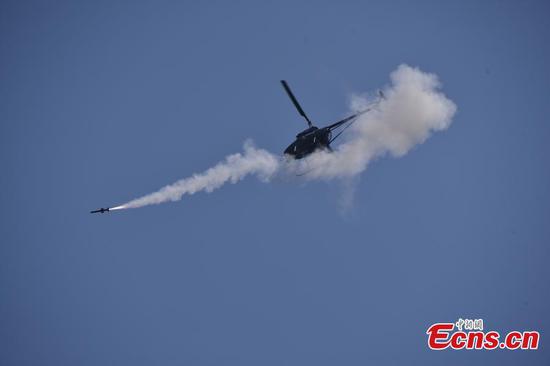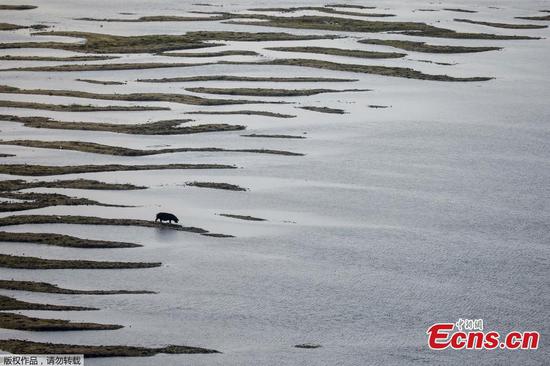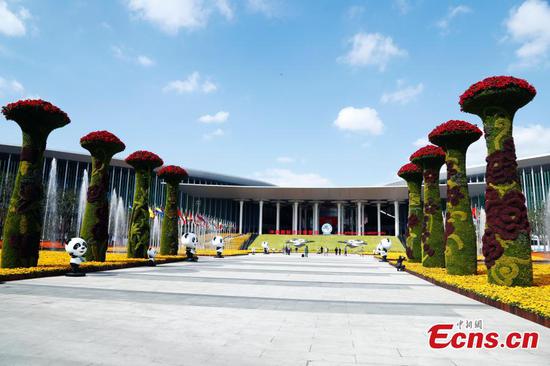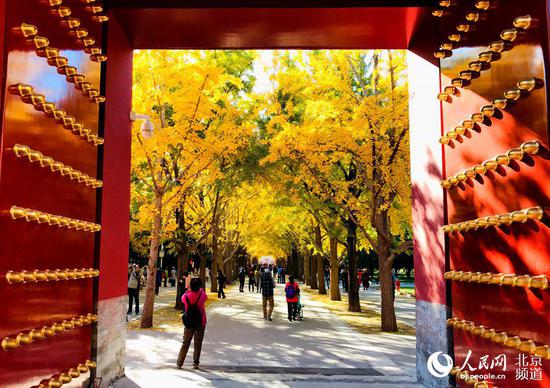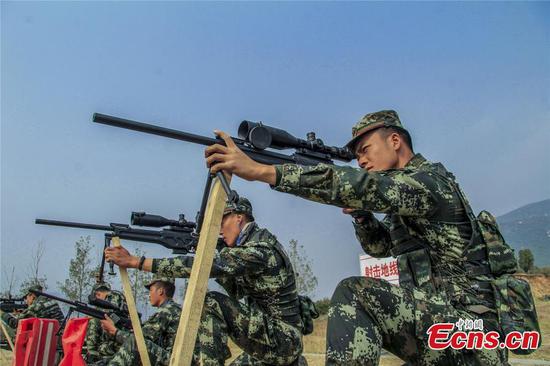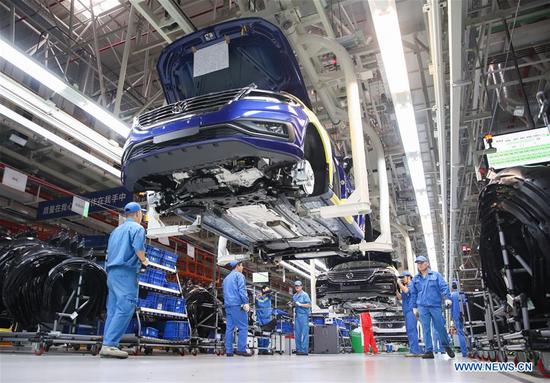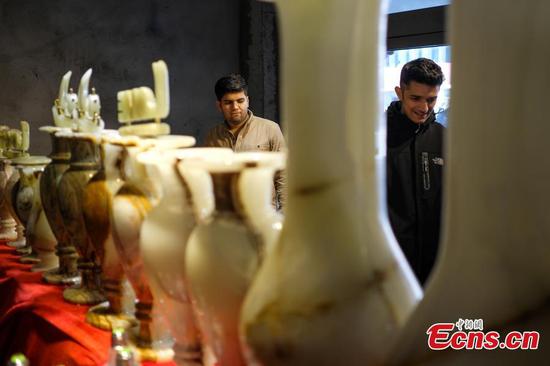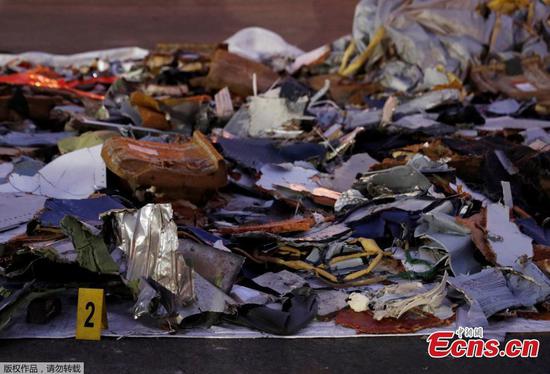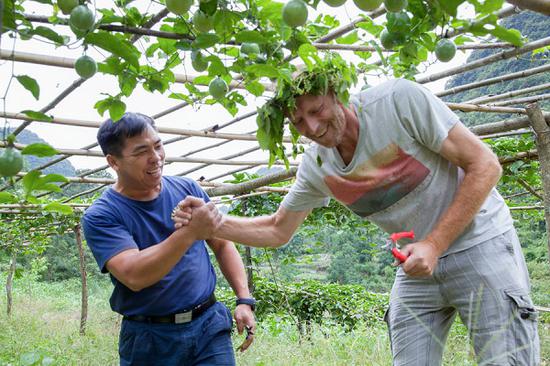
Nico Rene Hansen, from Luxembourg, trims passion fruit vines in Zhadong village of Hechi in the Guangxi Zhuang autonomous region, with the village Party chief Xie Wanju. Passion fruit is playing a key role in leading local residents out of poverty. (Photo by Liang Hongyan/For China Daily)
Government measures improve lives in rural areas
Increased poverty relief efforts, along with better rural infrastructure, means that millions of rural poor in China can now access safe drinking water, move out of unsafe housing and receive better education and medical care.
According to the State Council Leading Group Office of Poverty Alleviation and Development, in the past five years, 14 million people have gained access to safe drinking water, and the homes of 7 million poor families have been renovated.
During this time, some 970,000 rural schools have received extra government funding, and 4.2 million poor patients have been treated promptly.
This year marks the fifth year since President Xi Jinping put forward the concept of targeted poverty alleviation during a field inspection in an impoverished village in Hunan province.
The country has developed its own measures to combat poverty, and these were summarized at the International Forum on Reform and Opening Up and Poverty Reduction in China, which opened in Beijing on Thursday.
The measures include: a targeted approach, which calls for methods to be tailored to local conditions; the participation of enterprises and nonprofit organizations in the government-led fight; and the inclusion of poverty relief jobs in local governments' annual assessments.
The way in which poverty has been alleviated through these measures can be seen in a 600-square-meter workshop at a glove factory in Xintiaohe village of Jiaxiang county, Shandong province.
Late last month, nearly 200 women sat behind rows of sewing machines, making sports gloves.
"This factory produced 300,000 pairs of gloves last year. The number of gloves we produce here has increased in recent years, providing steady income for local workers," said Jiang Haiying, who is in charge of the plant.
The factory is one of more than 200 in Jiaxiang. Over 30 years, the county has become the country's largest producer and exporter of sports gloves.
Jiaxiang produces more than 70 million pairs of gloves annually, according to the county's glove industry association. These are mainly sports gloves used for skiing, hunting and shooting.
The county accounts for just over 76 percent of China's sports glove exports, and its gloves have been sold to more than 30 countries and regions, including Europe, Japan and the United States.
The industry, which is labor intensive, has proved to be an efficient way to lift farmers out of poverty, said Chen Jianhua, head of the county's glove industry association and chairman of Jianhua Zhongxing Glove Industry Group, the largest sports glove manufacturer and exporter in Jiaxiang.
At the Xintiaohe factory, the women's wages vary according to their output - from 1,500 to 5,000 yuan ($218 to $727), Jiang of the factory said.
"This is a decent income for farmers. The most important thing is they don't need to leave home to work as migrants," she said.










